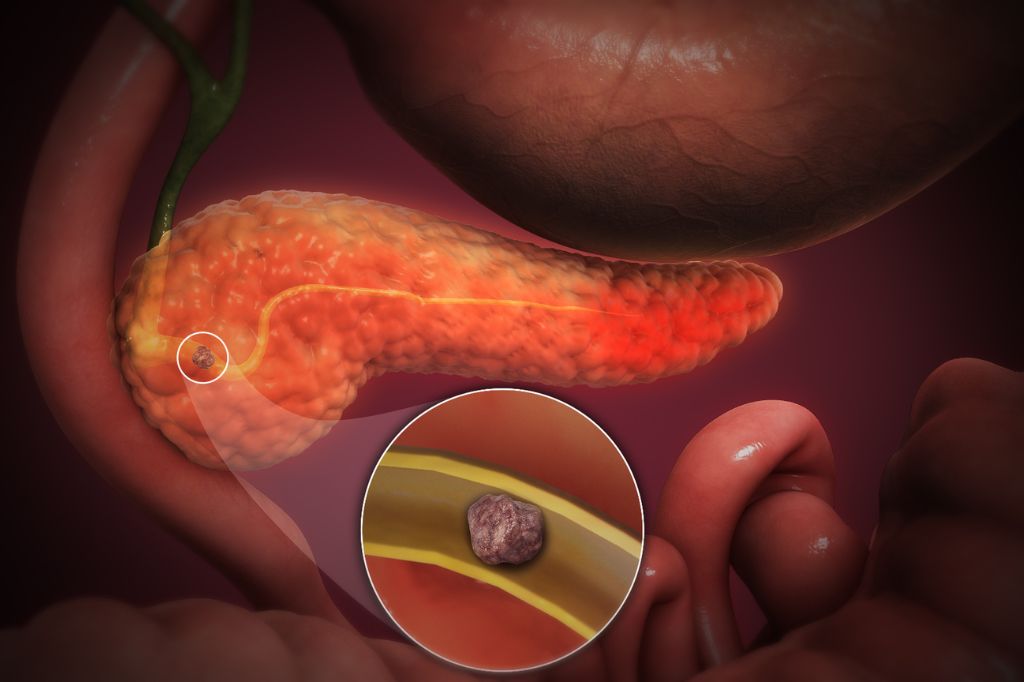Irritable Bowel Syndrome (IBS)
When your digestive system seems to be in constant rebellion, it might not be your imagination. You could be dealing with irritable bowel syndrome (IBS), a common disorder affecting millions worldwide. But what exactly is IBS? This comprehensive guide will take you through everything you need to know about IBS, from symptoms to triggers, diagnosis, treatment, and knowing when it’s time to consult a healthcare provider.
What is IBS?
IBS, or irritable bowel syndrome, is a long-term gastrointestinal disorder that affects the large intestine. Its symptoms can be uncomfortable and vary widely from person to person. The key takeaway here is that while IBS can disrupt daily life, it doesn’t lead to more serious conditions like cancer and can be managed effectively with lifestyle modifications and medical interventions.
Symptoms of IBS
The most common symptoms of IBS include:
- Abdominal pain or discomfort that is often relieved by passing a bowel movement
- Changes in bowel movements, like diarrhea, constipation, or alternating between both
- Bloating and gas
- Food intolerance
- Nausea and vomiting
- Fatigue and difficulty sleeping
- Mucus in your stool
Causes of IBS
While the exact cause of IBS isn’t known, a combination of several factors may contribute to its development:
- Gut sensitivity: The gut of a person with IBS might be sensitive to stimuli like food or stress, causing the symptoms.
- Brain-gut signal problems: Miscommunication between the brain and the gut can naturally cause your body to overreact to changes that normally occur in the digestive process, leading to IBS symptoms.
- Gastrointestinal motor issues: These could cause uncoordinated and painful bowel contractions.
- Changes in gut microbes: These include bacteria, viruses, and fungi, which could be a factor.
Diagnosis of IBS
Diagnosis of IBS typically involves:
- A thorough medical history review
- A physical exam
- Other tests, like stool sampling and blood tests, to rule out other conditions
- In some cases, a gastroenterologist may conduct an endoscopy or colonoscopy for further evaluation.
Triggers of IBS
While individual triggers can vary, some common ones include:
- Certain foods and beverages, like dairy products, high-fat foods, alcohol, caffeine, and artificial sweeteners
- Stress
- Hormonal changes, particularly in women during their menstrual cycle
Treatment for IBS
The treatment of IBS focuses on long-term symptom management and may include the following:
- Dietary changes, like following a low FODMAP diet
- Stress management techniques, such as mindfulness and yoga
- Over-the-counter medications to manage constipation or diarrhea
- Prescription medications for those with more severe symptoms
When to See a Doctor
If you have persistent changes in your bowel habits or other symptoms of IBS, it’s important to seek medical attention. Your healthcare provider can help determine whether your symptoms are due to IBS or another condition and guide you toward the best treatment options.
In conclusion, while living with IBS can be challenging, understanding the disorder and working closely with your healthcare provider can help you lead a healthier, more comfortable life.
Further Reading: 7 Habits That May Be Making Your IBS Worse






